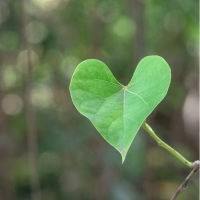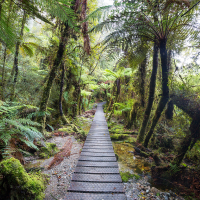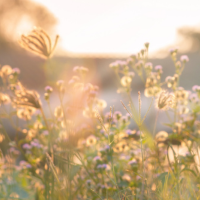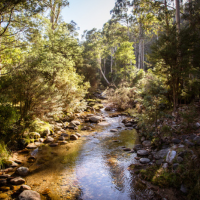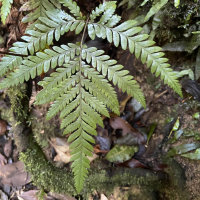3rd June 2025
Exploring nature through poetry
Poetry can capture the essence of our nature experiences in very moving ways. In nature journaling, poetry helps us slow down, notice beauty, and speak from the heart. Today, we are going to explore how rhythm, imagery, and emotion can turn our nature observations into poetry.
Poetry workshop with Emilie Lygren
Words That Connect, Words That Shine: Poetry on the journal page
In 2021, poet and educator Emilie Lygren generously presented this workshop for International Nature Journaling Week. She shares a wealth of ideas for using poetry in your nature journal.
Nature journaling prompts and ideas
There are two very useful poetic devices that can help us make connections and create evocative images in our writing. These tools are simile and metaphor. When using similes we use the words like or as to link two things. For example, ‘The tree shadows stretched like spilled ink’. With metaphor, we compare two dissimilar things as if they were the same thing. For example, ‘The seed pod is a tiny treasure chest of potential’.
Choose something in nature and describe it using simile and metaphor. Challenge yourself to come up with three metaphors and three similes for your subject. Then combine your phrases into a short poem or illustrated journal page.
Haiku is a form of poetry that is particularly accessible and a great thing to include on a nature journal page. A Haiku is a short, three-line poem with a 5-7-5 syllable structure. Haiku poems do not usually include rhyme. This style of poetry originated in Japan and is known for portraying surprising and evocative stories of nature.
The best way to begin to connect with haiku poetry is to read some examples. You can read modern and traditional haiku poems at the Poetry Foundation.
Write a haiku inspired by a moment in nature. Either try to follow the 5–7–5 syllable structure, or play loosely with it. You can focus on capturing a fleeting moment or something surprising you experienced in your nearby nature.
Looking back at our older journal pages can evoke vivid memories. We can use this to explore stories and write poems inspired by these previous pages.
Flip through your old nature journals. Look for words, phrases, or observations that catch your eye, especially entries that feel vivid, curious, or emotionally charged. Use these snippets to create a found poem.
You can copy them, rearrange them, or add connecting words. Let the poem emerge like a thread through your memories, a reflection and reimagining of how you experienced nature.
The rhythm, repetition and depth of poetry can be translated into imagery. Let’s try to create a poem without words!
Choose a small piece of nature, or a momentary nature experience you have had, for example, noticing a curled brown leaf floating on a pond, a bird in flight, or raindrops on a window. Instead of writing a poem, draw or paint it in a way that feels poetic. Let the visual flow, rhythm, repetition and feeling become the poem.
As nature journalers, our special skill is noticing the small details that are often overlooked. Let’s turn our noticing into poetry!
Sit quietly in one spot and write a list of everything you notice. Pay attention to the input from your different senses. Then, shape your list into a free verse poem. You can add rhyme or repetition if you like, or use line breaks to help the poem flow.
Think of a time when nature taught you a lesson, shifted your perspective, soothed your heart, or helped you understand life a little more. Write a poem inspired by this lesson. It could be about the determination of a sprouting seed, the patience of a spider building its web, or acceptance in a falling leaf. Let the moment in nature guide the message and allow your poem to be both a tribute and a reflection.
If you are enjoying the week, please consider making a donation to help cover the cost of running the event.
Your generous support helps make International Nature Journaling Week possible.
Thank you!

